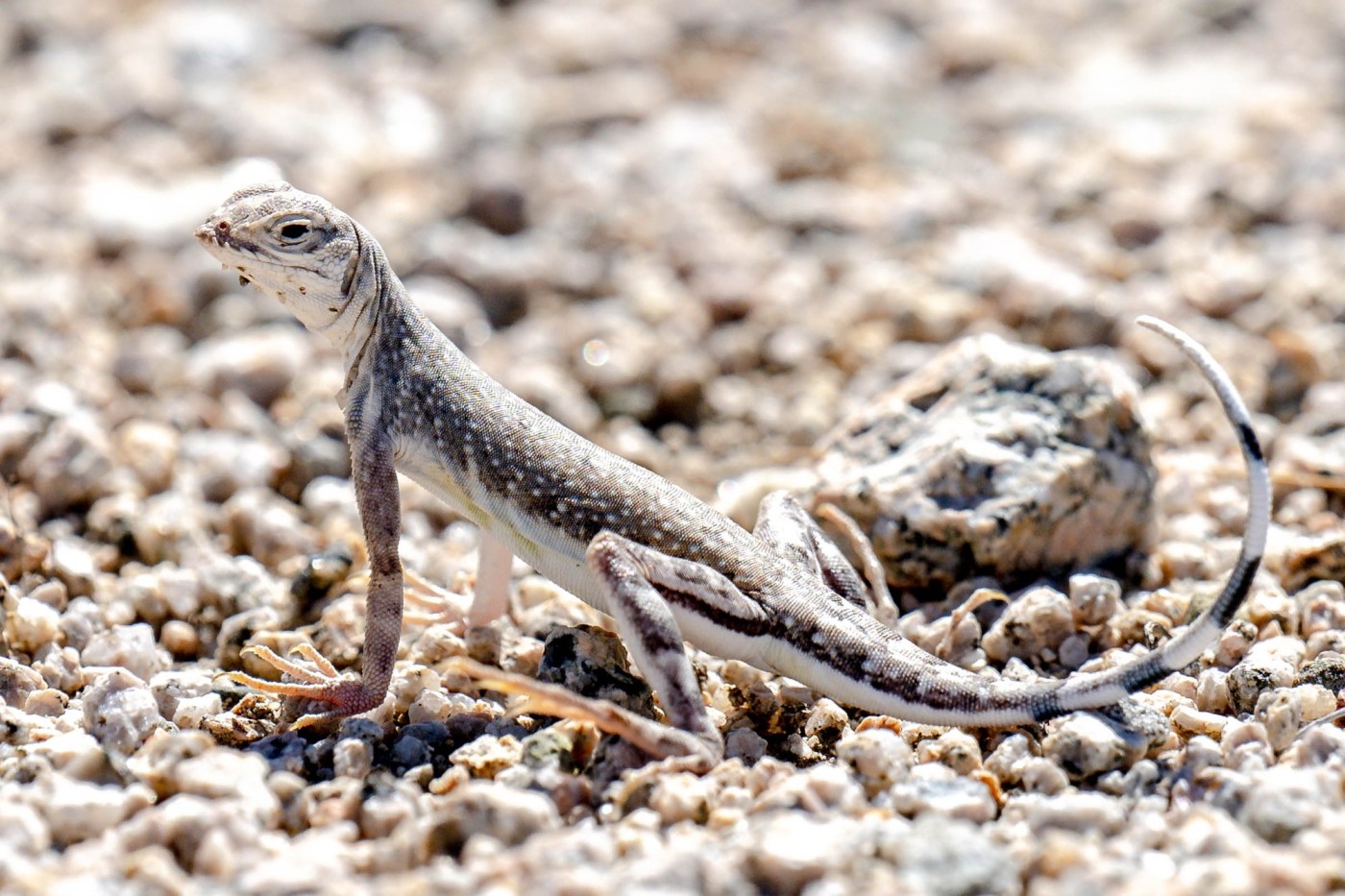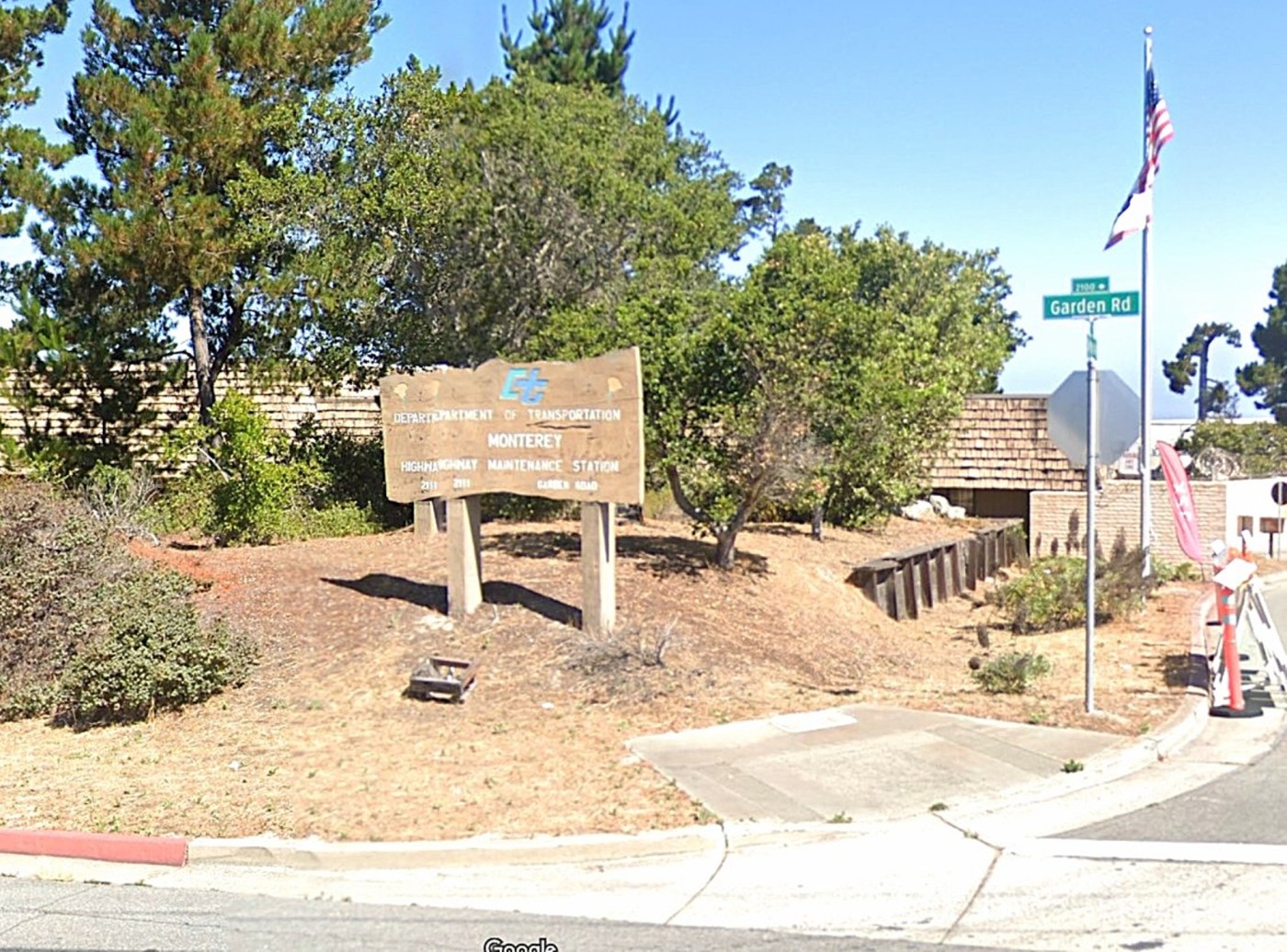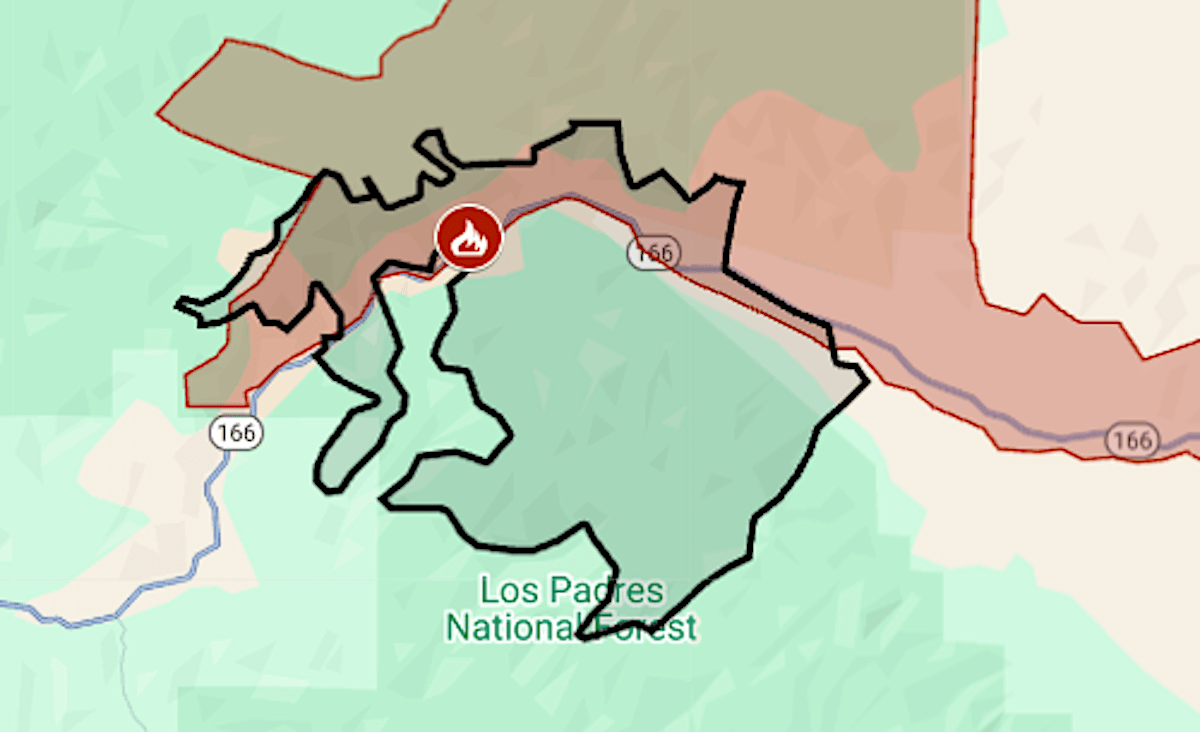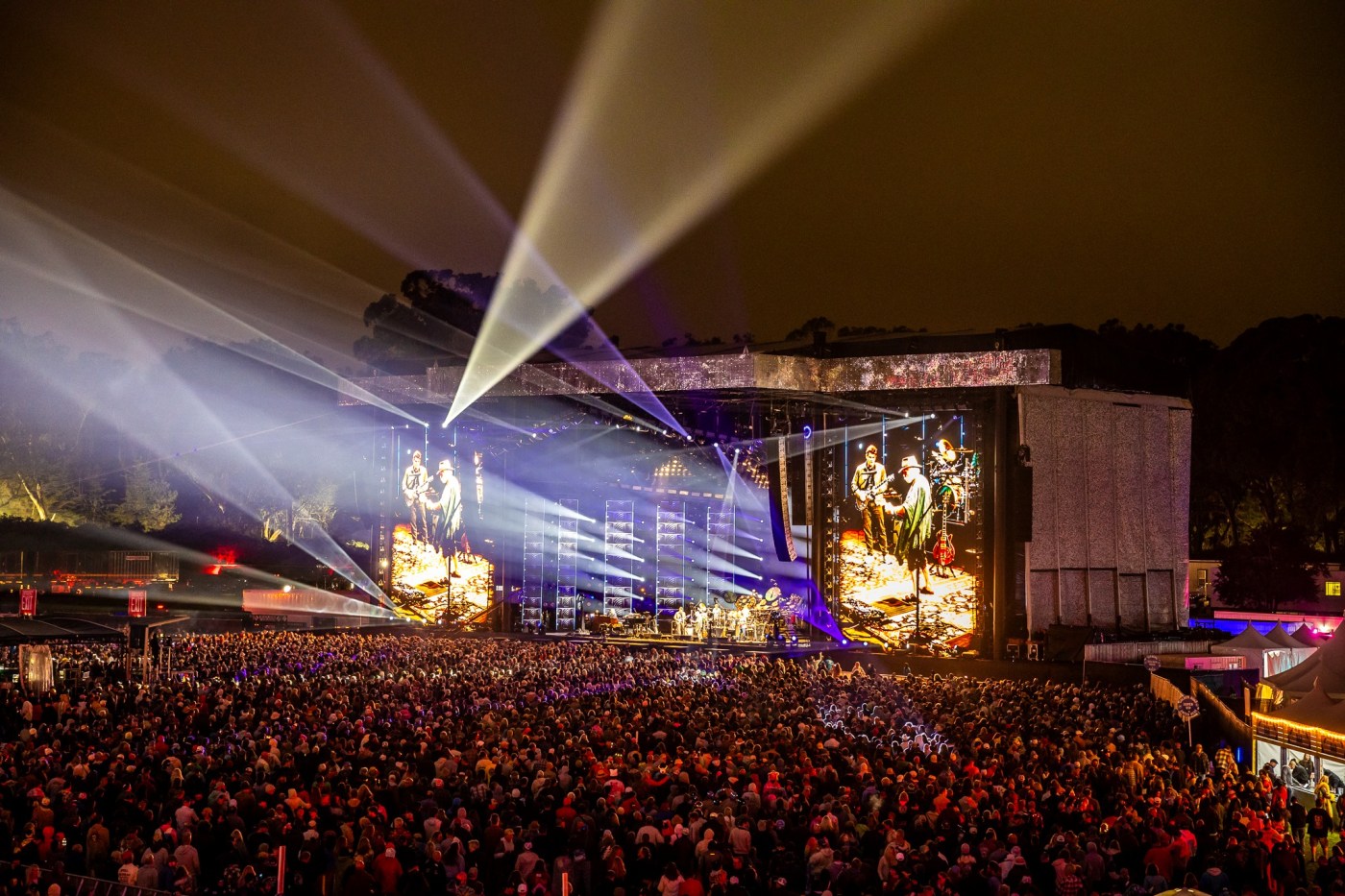The fate of California’s two new National Monuments could come down to whether President Donald Trump can erase it the same way it came to be — with the stroke of a pen.
On that question, legal experts on opposite sides of the political spectrum differ, laying the groundwork for a potential court battle with an outcome affecting protections for roughly 960,000 acres of California land.
As his term wound down in January, President Joe Biden established Chuckwalla and the Sáttítla National Monument in Northern California to shore up his environmental legacy, which includes protecting more public land acreage in a single White House term than anyone besides Jimmy Carter.
Named for the lizard found in the Sonoran and Mojave Desert and northwestern Mexico, Chuckwalla, which borders Joshua Tree National Park to the south, includes land sacred to Native American tribes, a trade route used by 19th Century gold prospectors and an area used by Gen. George Patton to train U.S. troops for desert combat in World War II.
Trump supports opening up federal lands for mining and oil and gas drilling. His administration, eager to undo Biden-era environmental rules, confirmed plans to dissolve the Chuckwalla and Sáttítla in mid-March, according to The Washington Post and New York Times.
A White House fact sheet posted online late Friday, March 14, indicated Trump signed an executive order “terminating proclamations declaring nearly a million acres constitute new national monuments that lock up vast amounts of land from economic development and energy production,” the Post and Times reported.
But that line disappeared from the fact sheet the following afternoon, leaving Chuckwalla’s supporters confused about what will happen, the newspapers added.
Biden established Chuckwalla using his authority under the Antiquities Act of 1906, which allows presidents to create monuments through executive decree, according to the National Constitution Center.
President Biden on Tuesday Jan. 7, 2025 established the Sáttítla Highlands National Monument over 224,000 acres of national forest land in the Medicine Lake Highlands and surrounding areas east of Mount Shasta near the California-Oregon border. (Photo: Bob Wick)
Debates over whether presidents can rescind monuments without Congress’ approval date back to the 1930s, the center reported. In 2017, conservative lawyers John Yoo and Todd Gaziano made the case for Trump having independent authority to abolish monuments.
“Under traditional principles of constitutional, legislative and administrative law, the authority to execute a discretionary power includes the authority to reverse it,” Yoo and Gaziano wrote in an article published in the Yale Journal of Regulation.
A 1938 U.S. attorney general’s opinion, arguing that presidents can’t unilaterally dissolve monuments, “is poorly reasoned” and “misconstrued a prior opinion, which came to the opposite result,” Yoo and Graziano added.
Related Articles
Get into all U.S, national parks for free on April 19
New laws target overtourism at popular travel destinations
The prettiest places in the U.S. that you’ll need a lottery permit to visit
Yosemite National Park summer reservations open after delay
Yosemite: Caltrans announces opening date for road closed by huge rockslide
Mark Squillace, a University of Colorado Boulder law school professor who worked as an interior department lawyer during the Clinton administration, maintains that presidents can’t undo monuments on their own.
The Federal Land Policy and Management Act of 1976 “removes any doubt as to whether Congress intended to reserve for itself the power to revoke or modify national monument proclamations, because Congress stated so explicitly,” Squillace and others argued in a 2017 paper published by the Virginia Law Review.
News that Trump wanted to undo the monuments angered Chuckwalla supporters, who lobbied Biden for years to preserve the land.
“Trump’s gutting of the Chuckwalla and Sáttítla national monuments is a gruesome attack on our system of public lands,” Ileene Anderson, California desert director at the Center for Biological Diversity, said via email.
Joan Taylor, chair of the Sierra Club’s California/Nevada Desert Committee, said via email that for decades “presidents from both parties have used national monuments to preserve cultural and historic lands, important wildlife habitat, and access to nature for people across the country.”
“National monuments like Chuckwalla enjoy overwhelming public support. Unilaterally revoking national moment protections would be both unpopular and illegal,” Taylor said.
Jack Guerrero, a Riverside County GOP central committee member who serves as the state party’s treasurer, said via email that the Trump administration “is merely reviewing, and if appropriate, revising the status of the public lands that President Biden hastily designated as monuments at the very end of his term.”
He added: “The key to any change in status for Chuckwalla and other recently designated monuments, is to evaluate land-use options, weigh their long-term costs and benefits, and consult with various stakeholders throughout the region including our local tribes. I believe this comprehensive evaluation by the Trump Administration is reasonable.”





